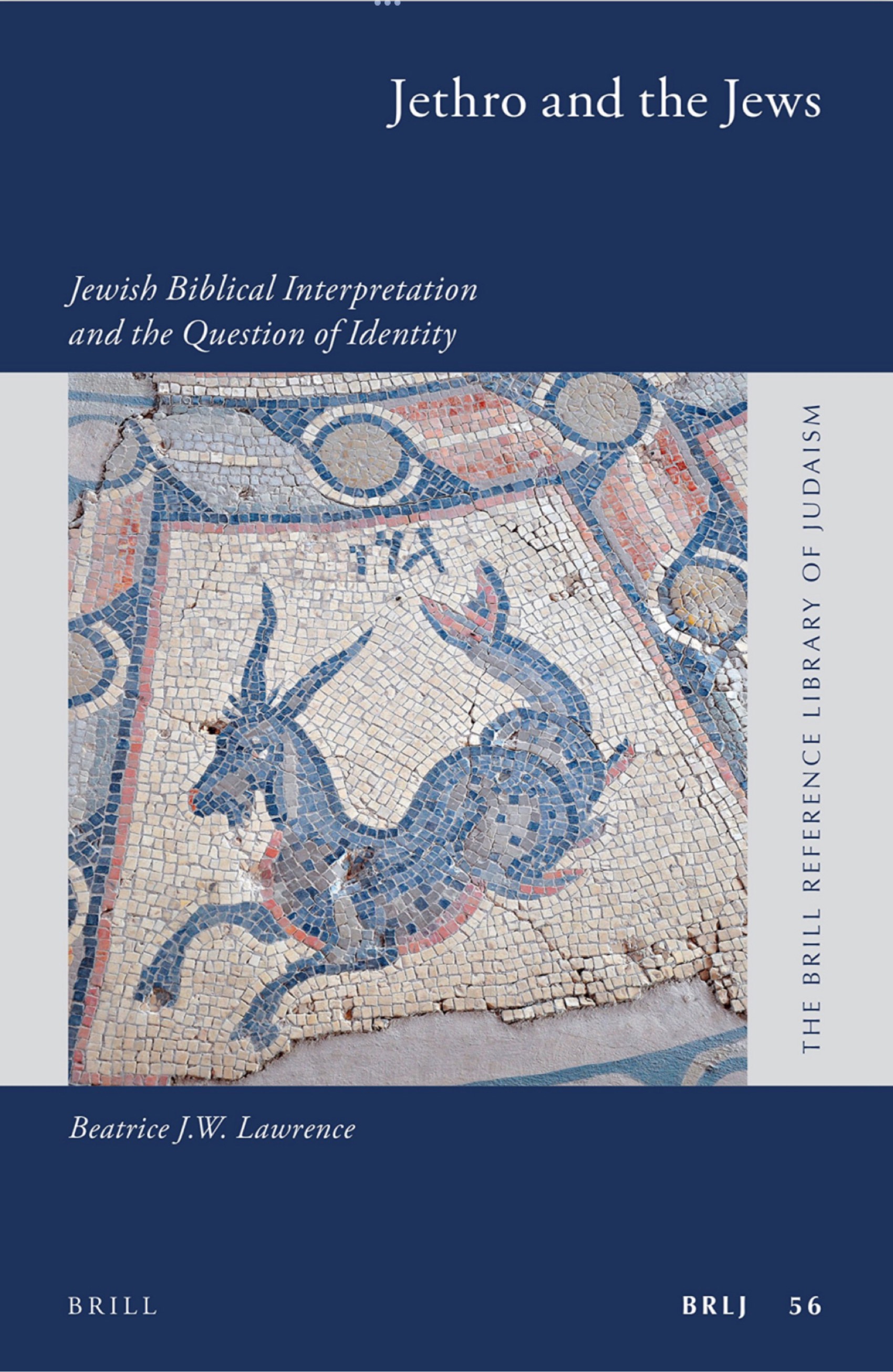Jethro and the Jews
Summary of Jethro and the Jews: A Study in Religion and Politics by Jacob Neusner
Jethro and the Jews is a thought-provoking examination of the intersection between religion and politics in Jewish tradition, written by renowned scholar Jacob Neusner. Using the biblical character Jethro (Moses’ Midianite father-in-law) as a starting point, Neusner explores broader themes about governance, religious authority, and communal responsibility in Judaism.
Key Themes and Arguments:
• Jethro’s Political Wisdom: Neusner highlights the episode in Exodus where Jethro advises Moses to delegate judicial authority as a foundational moment in Jewish political thought—emphasizing practical governance rooted in justice and shared leadership.
• Religion vs. Politics: The book examines how Jewish tradition maintains a complex relationship between divine law (Torah) and human political organization, arguing that Judaism fosters a model where political systems are guided—but not dominated—by religious principles.
• Comparative Analysis: Neusner contrasts the Jewish approach to politics with other religious systems, showing how Judaism negotiates authority without collapsing religious and political domains into one.
• Contemporary Implications: While rooted in classical texts, the analysis is extended to modern questions of Jewish identity, democracy, and political engagement—especially in the context of Israel and the diaspora.
• Critical Reappraisal: Through Jethro’s seemingly minor role, Neusner constructs a framework for understanding how non-Israelite insights contribute to the development of Jewish political philosophy.
This concise but rich volume serves both as a historical inquiry and a meditation on the enduring tension and interplay between faith and public life in Jewish thought.

